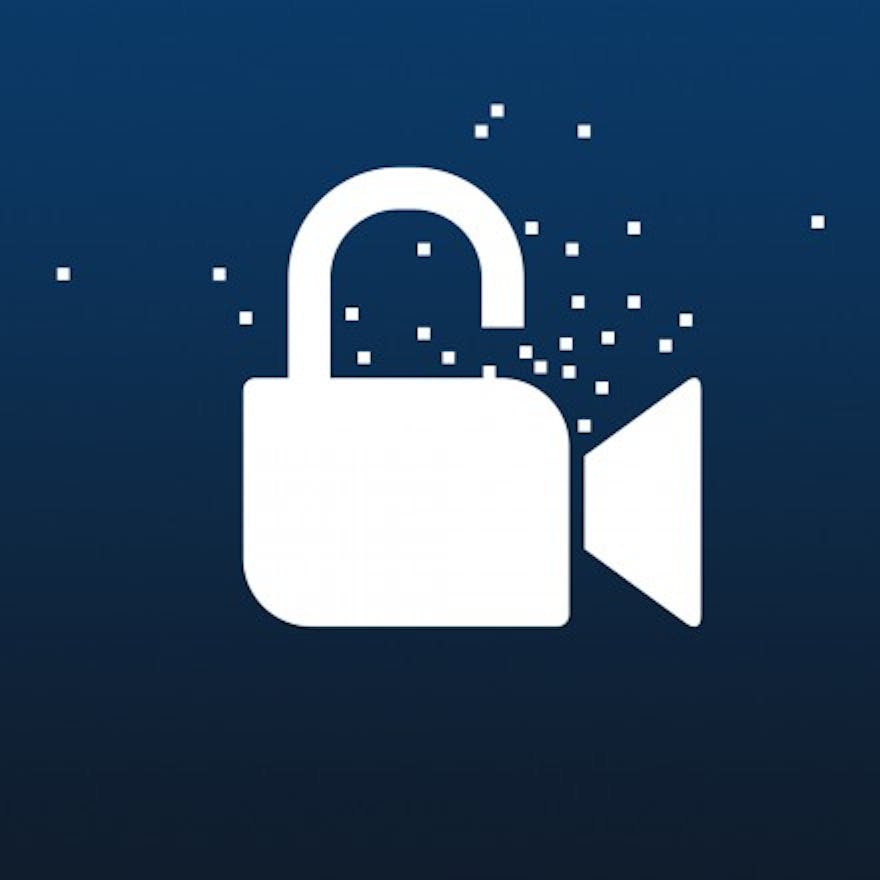 via Seyfarth Shaw LLP -
Jeremy A. Cohen
via Seyfarth Shaw LLP -
Jeremy A. Cohen And, of course, there are bad actors taking advantage of the current situation.
Relaxed security make systems and information far more susceptible to hacking and other data breaches, which often carry mandatory reporting obligations and hefty penalties, and invariably lead to class action lawsuits, not to mention privacy concerns.
Accordingly, companies should think twice before loosening these security standards. By all accounts, the current COVID-19 crisis will be relatively short-lived (whether that means weeks or months is, of course, unknown), but as the saying goes, once a secret is known, it cannot be unknown.
And when this is all said and done, while courts will likely give some leeway as a result of the emergency situation, if basic safeguards were disregarded, courts may have a hard time concluding that a company undertook reasonable efforts to safeguard its information, as is required in all jurisdictions to merit trade secret protection. more












